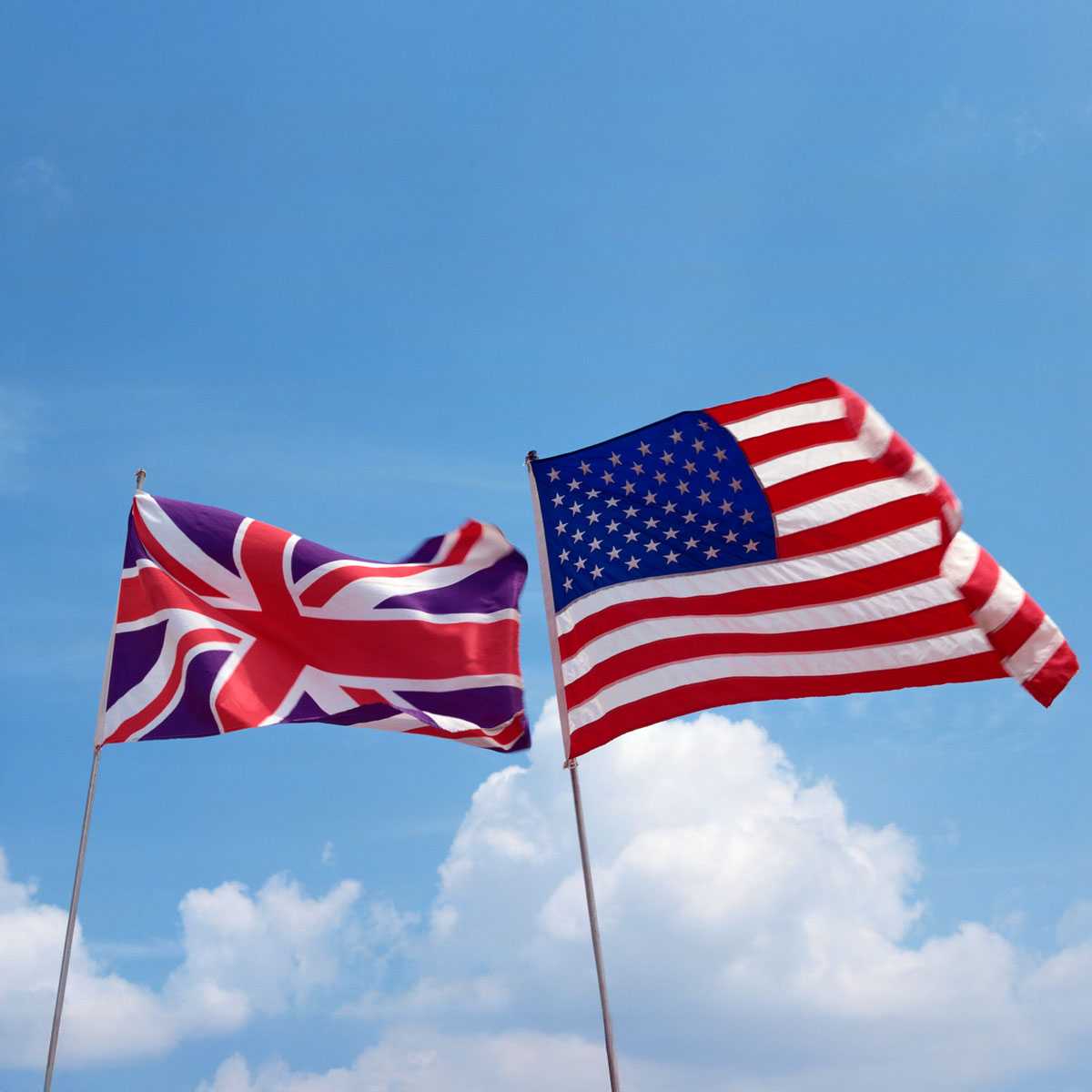
Global Implications for the UK During the First 100 Days of Trump 2.0
April 30, 2025
Donald Trump may be back in the White House but the UK’s political team navigating his first 100 days are all new.
The UK has appointed a new ambassador to the United States, Lord Mandelson, a New Labour heavy weight who has been working overtime on establishing relationships with the Trump White House on the key issues of the day tariffs and ending the Ukraine war. The prime minister, chancellor, foreign secretary and business secretary have been on a charm offensive to try and sure up the “special relationship.”
This has seen Prime Minister Keir Starmer increase defence spending to 2.7% by 2027, discussions of “tweaks” to the Digital Services Tax and a substantive push for an enhanced trade partnership between the two nations. All these decisions are having impacts on the political climate of the UK.
As with the rest of the world, “Liberation Day” has shaped much of the economic and business discussion in the UK. The government recognises that tariffs against UK industry and the wider global economic uncertainty caused by tariffs will pose a “clear economic impact to the UK.”
Prime Minister Starmer’s clear preference remains not to “jump in with both feet” and retaliate. This is not only because of the U.S. position as the largest buyer of UK goods (exports to the United States account for about 2.2% of UK GDP), but also the wider ramifications of a global recession on the government’s growth agenda. The IMF has already revised UK economic growth down to only 1.1% in 2025.
This strategy is also personal—the government initially pointed to the baseline 10% tariff levied against the UK as proof that their strategy of politeness and engagement via intermediaries is working. This position may not hold for long, however, especially following President Trump’s decision to reduce reciprocal tariffs for most countries to the same level as the UK.
Nonetheless, Prime Minister Starmer noted that nothing is off the table and that the UK will not sign an unfavourable deal.
The UK government’s focus is on prioritising tariff mitigation for the worst affected sectors, particularly steel and automobiles. While the UK initially proposed a narrow “framework” for a deal, the White House has outlined broader ambitions to remove an array of tariff and non-tariff barriers. Tariffs on U.S. cars and agricultural products such as poultry and beef are the most likely sectors to be reduced.
What looks less likely, however, are efforts to weaken UK food safety standards on agricultural products, where fears of chlorinated chicken could be politically toxic for the government at home. However, the UK will not do a deal with the United States that would jeopardise a better deal with the EU, where we should anticipate the potential for alignment on food standards, to ease red tape, at the UK-EU summit at the end of May.
Another priority of the Trump administration is concessions on the UK’s digital regime. The UK is offering greater collaboration around tech and artificial intelligence (AI), but the main objects of desire for the White House are for America’s big tech companies.
The ability and outcome of an enhanced trade partnership with the United States risks massive economic and political challenges for the UK government.
On one hand, tariffs—even if implemented for a short while—risks eliminating the UK’s fiscal position ahead of the autumn budget. This may force Chancellor of the Exchequer Rachel Reeves to make tough decisions on tax increases, spending cuts or revisions to her rigid fiscal spending rules.
On the other hand, the perception of a bad deal for the UK could harm the government with the British public when it is already struggling in the polls. Concessions to U.S. demands could be particularly challenging for a government to explain at home, especially one that has just introduced deep cuts to welfare and to the size of the state.
President Trump’s determination to end the war in Ukraine has had a profound effect on the UK with 50% of Britons saying that his election makes them feel more concerned about the situation in Ukraine.
Following pressure from President Trump and Vice President JD Vance on NATO defence spending, the Chancellor made an early decision to increase defence funding putting further pressure on the UK’s budget and a cut to aid spending across government. This has left the government in a strained position with its backbenches that will need to be mitigated in the medium term. However, at present, the government is still commanding support for the decision given the strength of feeling for Ukraine nationally.
The drive for a peace agreement between Ukraine and Russia has provided political cover for the prime minister to lean into his relationship with the EU and the “coalition of the willing”. This does not, however, prevent the prime minister and the foreign secretary from media strains caused by negotiations such as Marco Rubio pulling out of the London peace talks last week at short notice forcing a change of strategy with clips of Ukrainians under attack. As further pressure is put on Ukraine by the United States to agree to terms of the peace deal, the UK government and the EU will have to make a choice on how far they are willing to financially support Ukraine in such a difficult economic climate.
There is no doubt that President Trump’s inauguration has had a substantial impact on the government pushing the prime minister into a more foreign policy outlook than some of more recent predecessors and forcing his cabinet to navigate the political winds at home. This shift in focus may be a contributing factor to any losses the Labour party faces in the local elections this week alongside cuts in welfare and growing support for Reform who are modeling themselves under Nigel Farage MP on Trump’s electoral coalition and rhetoric.